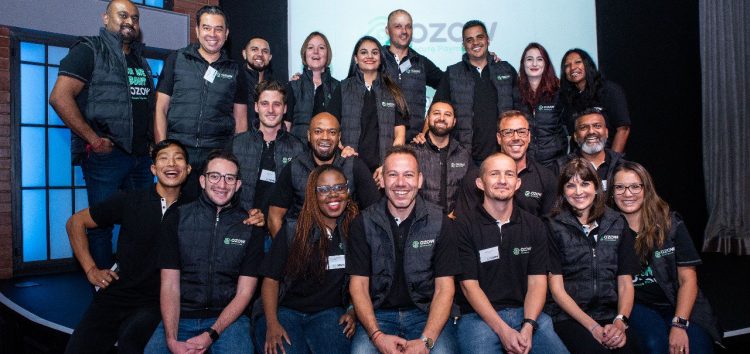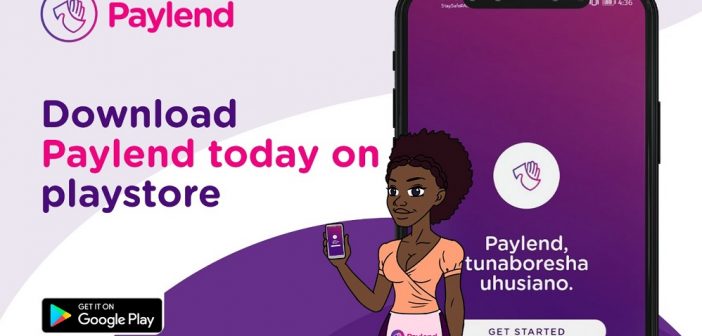Fintech innovations remain the driving force of DR Congo’s startup sector
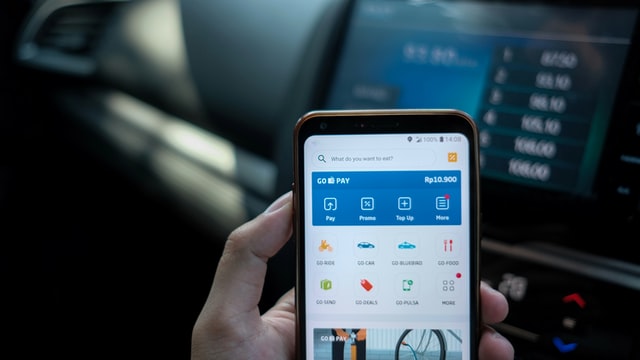
Access to basic financial services in the Democratic Republic of the Congo is severely limited, as it is in most Sub-Saharan African countries (DRC).
Only 14 percent of the population has a bank account, and only 25 percent has an account with any banking or financial institution.
Furthermore, the French-speaking country has less than 35 kilometers of paved road for every 1 million inhabitants, making traditional branch-based banking unfeasible for the majority of its 90 million residents and the quest for financial inclusion difficult.
The digital finance revolution that has swept the rest of Africa in the last decade cannot come soon enough for people in the central African country, especially given that it has a 47 percent mobile phone penetration rate, which is expected to rise further.
Over the last five years, a slew of startups have emerged, bringing financial services closer to where people live and work through fintech innovations. Flash International, the country’s largest fintech and payments aggregator, is one such example.
Flash operates a network of agents who enable people to do their banking on its mobile platform (FlashApp), making financial services such as remittance, payments, and other value-added services easily accessible.
The startup currently has approximately 3,500 agents and 90 branches, through which it serves over 2 million customers. In addition, rather than opening multiple accounts with different banks or mobile money operators, Flash provides its users with a card that allows them to accept all payments.
Jonathan Johannesen, the company’s CEO, founded the company in 2018 after 25 years of professional experience in financial institutions such as Citi and mobile finance firms Moneytrans and TigoCash.
Flash has experienced rapid growth since its inception, and it is now integrated with a number of banks, mobile money providers, and telecom operators.
It claims to process nearly 1 million transactions worth more than $50 million per month through its payment services, and it also facilitates over 40,000 satellite TV subscription transactions, which is one of its value-added products.
The CEO stated that the goal was to create the first Congolese fintech that would aggregate as many financial and value-added services as possible. “We currently have an application with up to 27 different products and services, through which thousands of agents make a living,” Johannesen explained in a recent TechCabal interview.
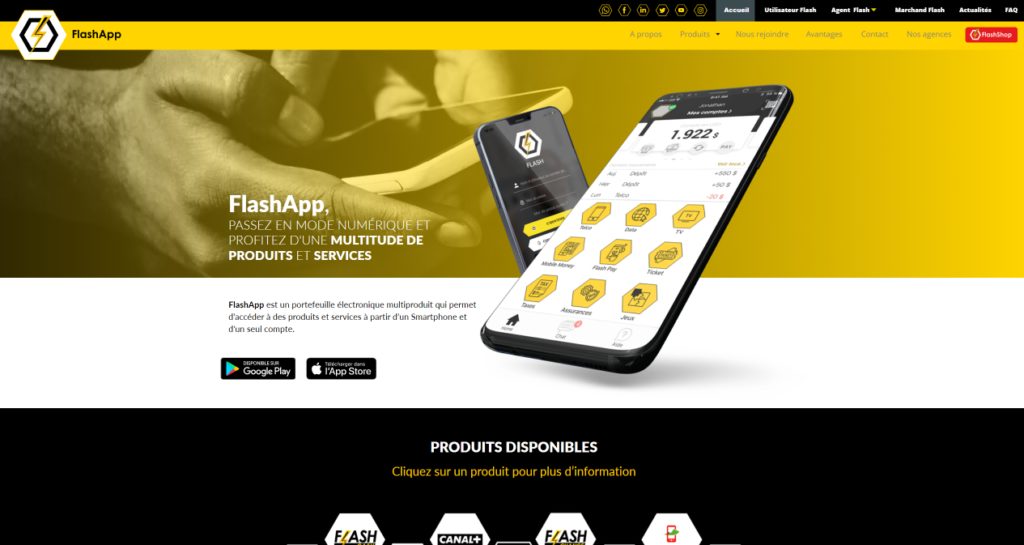
Unlike Flash, Okapi Finance was founded in Sweden by Gisèle Mwepu, and the Democratic Republic of the Congo is one of the company’s four markets in Sub-Saharan Africa. Last year, the startup launched its services in the country, and it now has 170,000 customers. According to Mwepu, the organization’s goal is to reach up to 25 million people in the country in less than ten years.
“Despite the fact that the DRC has over 90 million people, there aren’t many financial services solutions available.” The opportunity is enormous. “And unbanked people aren’t just individuals; they can be traders, merchants, or casual workers,” she explained.
Through its web and mobile platforms, USSD, and physical agents, the Okapi platform enables both individual and enterprise customers to conduct daily financial transactions such as deposits, money transfers, and salary disbursements.
Okapi is particularly interested in increasing the participation of women in the country’s financial services ecosystem. According to Mwepu, up to 80% of the company’s DRC users and 95% of the 17,000 merchants it has onboarded are women. For the latter, the company extends a line of credit—weekly loans of around $50—to assist in the operation of their businesses.
“Financial inclusion cannot be achieved solely by allowing people to conduct payment transactions,” Mwepu pointed out. “We need to make it easier for them to access a wide range of financial services.”
Microfinance banks and insurance providers can distribute their products through the Okapi platform, allowing them to penetrate the informal sector and reach the unbanked population. Furthermore, users do not need a bank account to use these services and can apply for the Okapi Visa card after signing up.
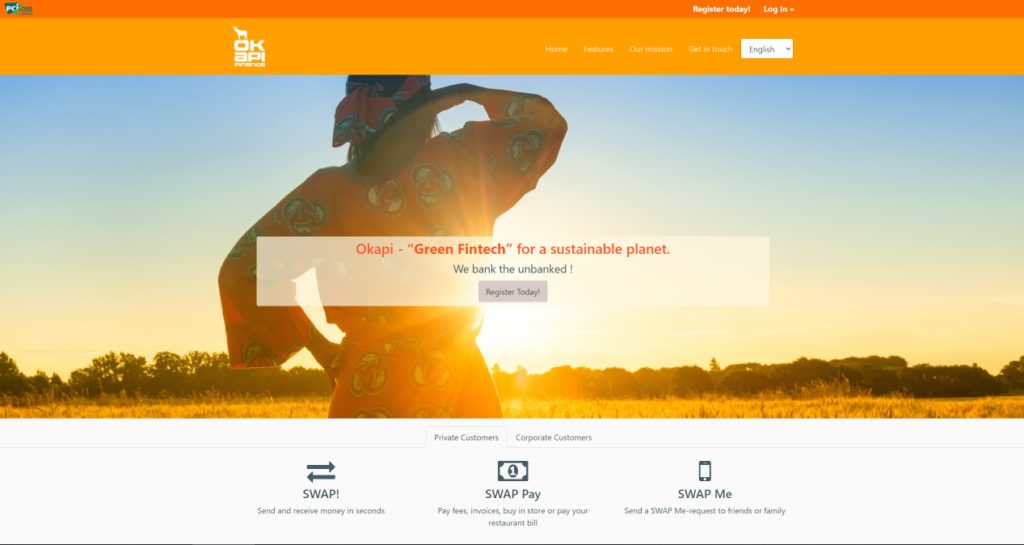
Whereas Flash focuses on urban areas such as Kinshasa and has most of its agents in DRC’s major cities, Faysal Axam’s startup focuses on the unbanked population in rural areas, where more than half of the population lives.
Faysal Company offers a “Tap and Pay” solution in Goma, the capital and business hub of North Kivu province in the eastern DRC—a magnetic card that interacts with POS machines and interfaces with a virtual wallet.
“Financial flows are mostly concentrated in DRC’s urban areas, less so in peri-urban areas, and almost non-existent in rural areas,” he said. “While urban areas have a mobile money penetration rate of 72 percent, rural areas have a rate of only 28 percent.”
Getting around DRC’s Fintech Challenges
In a country like the Democratic Republic of the Congo, where road and internet infrastructure is subpar, agents are especially effective at reaching rural residents and lowering provider deployment costs.
Customers benefit from agent networks because they no longer have to travel to one of the country’s 500 bank branches, despite the fact that it is Africa’s second-largest by land area and fourth-most populous.
“Most transactions in DRC are done over the counter because smartphone penetration is still very low and internet access is not affordable.” Furthermore, the predominant habit of the population is to visit an agent for a transaction or service,” Johannesen explained.
The dominance of large banks such as Ecobank and UBA, as well as network operators, is maintained by a high capital barrier for entry in the financial services space (such as Vodacom Congo, Orange RDC, and Bharti Airtel who collectively control 35-40 million subscribers).
Fintech startups seeking to partner with banks and telcos have faced skepticism and aversion from the industry’s behemoths.
Axam recalled that it took Faysal nearly a year and a half to obtain its first mobile money integration license in 2020 after the startup was turned down for partnerships by banks and local mobile network operators.
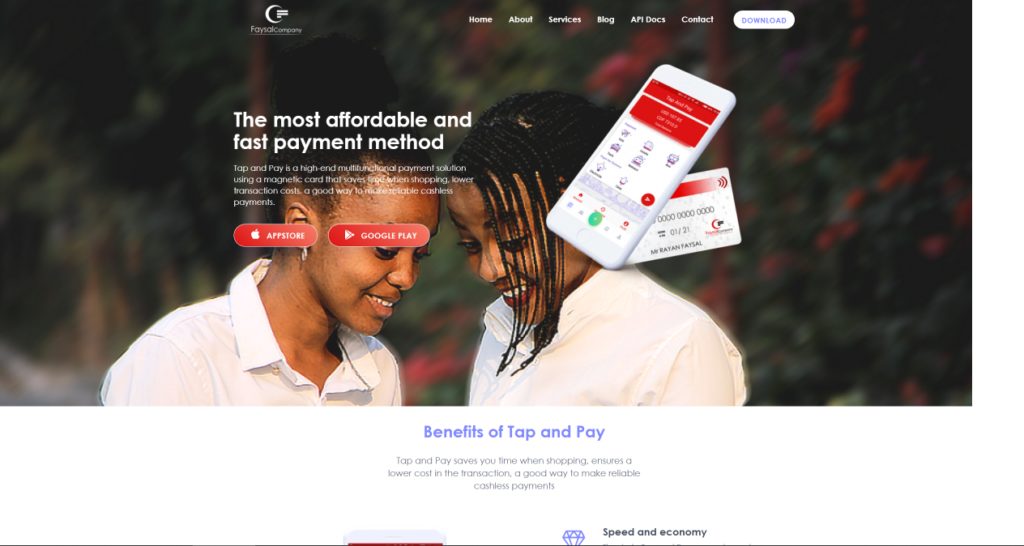
Multipay Congo, the Democratic Republic of the Congo’s first inter-banking platform, was launched in 2015 to facilitate interoperability between payment platforms such as ATMs and point-of-sale machines.
According to Mwepu, the framework does not make it any easier for fintechs to integrate with banks and telcos. “It is nearly impossible to achieve financial inclusion without the interoperability of solutions from other stakeholders such as banks and telecommunications providers.” “We must collaborate,” Okapi Finance’s founder stated.
Faysal’s customer base has surpassed 10,000 as a result of a successful partnership with Orange. Although this is a small number, it is significant in a country where more than 70% of the population lives on less than $1.90 per day and has few immediate incentives to open financial accounts.
Axam added that Faysal’s growth is also due to the fact that the solution can be used offline, even in areas without internet access.
With only about 17% of Congolese having access to the internet, feature phones – which cost around $20 – play a critical role in enabling Congolese to access digital finance services. Faysal, for example, derives the majority of its popularity from the USSD feature, as Goma residents frequently must seek out a mountaintop in order to access 2G cell phone coverage.
Furthermore, while banks and telcos have sufficient financial muscle to build and scale their products, startups do not. “We don’t have finance, investors, incubators, and accelerators, especially in Goma,” Axam said, citing security concerns as a barrier to investor trust in the ecosystem. “As a result, many excellent solutions here will not receive continental or international exposure.”
It’s worth noting, however, that the DRC’s fintech landscape is still in its infancy, with only 12 startups operating in the country as of 2018, according to a report from Microsave and MasterCard.
However, the seeds of digital finance are clearly sprouting, and there are compelling reasons to be optimistic about the opportunities for fintech in DRC and its potential to attract investors.
With startups like Flash, Okapi, and Faysal, as well as remittance fintechs, partnerships like the Mastercard and Billetera deal targeting millions of financially excluded residents, and the government’s increasing shift toward virtual payments for its thousands of civil servants, one can expect a radical digital finance expansion in the coming years as DRC slowly but steadily replicates the successes of other African countries.
“Fintechs are starting to thrive in the Democratic Republic of the Congo.” It is certainly promising, but better infrastructure coverage is critical to realizing full potential,” said Noel K. Tshiani, founder of Congo Business Network, an international network of Congolese professionals and entrepreneurs. “We are encouraged by the DRC government’s vision under President Felix Tshisekedi, as well as its ambitious digitisation program aligned with the country’s National Digital Plan.”


